If you live in Bognor Regis, the winter can feel like a long, damp slog. A heat pump designed for cold weather can be a game‑changer, but only if you know how it works and what to look out for. In this guide we’ll break down the basics, talk about real UK lifespans, and give you quick fixes for the most common problems.
Standard air‑source units lose efficiency once the temperature drops below 5°C. Cold‑weather models have larger compressors, better defrost cycles, and sometimes a hybrid backup that kicks in when it’s really frosty. That means you still get warm air without the electric bill shooting through the roof.
Ground‑source pumps aren’t as temperature‑sensitive because they pull heat from the earth, which stays around 10‑12°C year‑round. If you can install one, you’ll usually see a longer life and steadier performance, but the upfront cost is higher.
Heat pump not blowing warm air? First, check the thermostat setting – it’s easy to have it on “eco” or “off” by mistake. Next, look at the outdoor unit: ice build‑up is the usual culprit in cold snaps. Turn the unit off for a few minutes, let the ice melt, then restart. If the problem persists, the fan motor or refrigerant levels might need a professional’s eye.
Unusual noises? A rattling sound often means debris has gotten into the fan blade. Turn off power, remove the cover, and gently clean out leaves or twigs. A high‑pitched whine could signal a failing compressor – that’s a job for a qualified tech.
Reduced heating output? Check the air filters inside your home; clogged filters force the system to work harder. Also, make sure doors and windows are sealed – a draft will make any heat pump look weak.
For ground‑source units, look out for water leaks around the loop field. A small leak can lower efficiency and eventually damage the pump. If you spot moisture, call a specialist before it spreads.
When in doubt, use our simple “repair or replace” guide from the post “Heat Pump Lifespan in the UK”. If the unit is under 10 years and has been well maintained, a repair is usually cheaper. Older units (15+ years) often benefit more from replacement, especially if you’re moving to a newer cold‑weather model.
Regular maintenance is the secret sauce. Schedule a check‑up before the first freeze – a technician can clean coils, test refrigerant pressure, and verify the defrost timer. Doing this once a year can add 2–3 years to your pump’s life.
Finally, remember that a heat pump is just one part of a warm home. Proper insulation, sealed ducts, and a programmable thermostat work together to keep costs low. Combine these with the right pump and you’ll stay cosy even when the temperature hits single digits.
Got a specific issue that isn’t covered here? Browse our related posts like “Heat Pump Not Blowing Warm Air?” or “Heat Pump Not Cooling?” for step‑by‑step fixes. And if you ever feel stuck, a quick call to a local Bognor Regis repair expert can save you time and money.
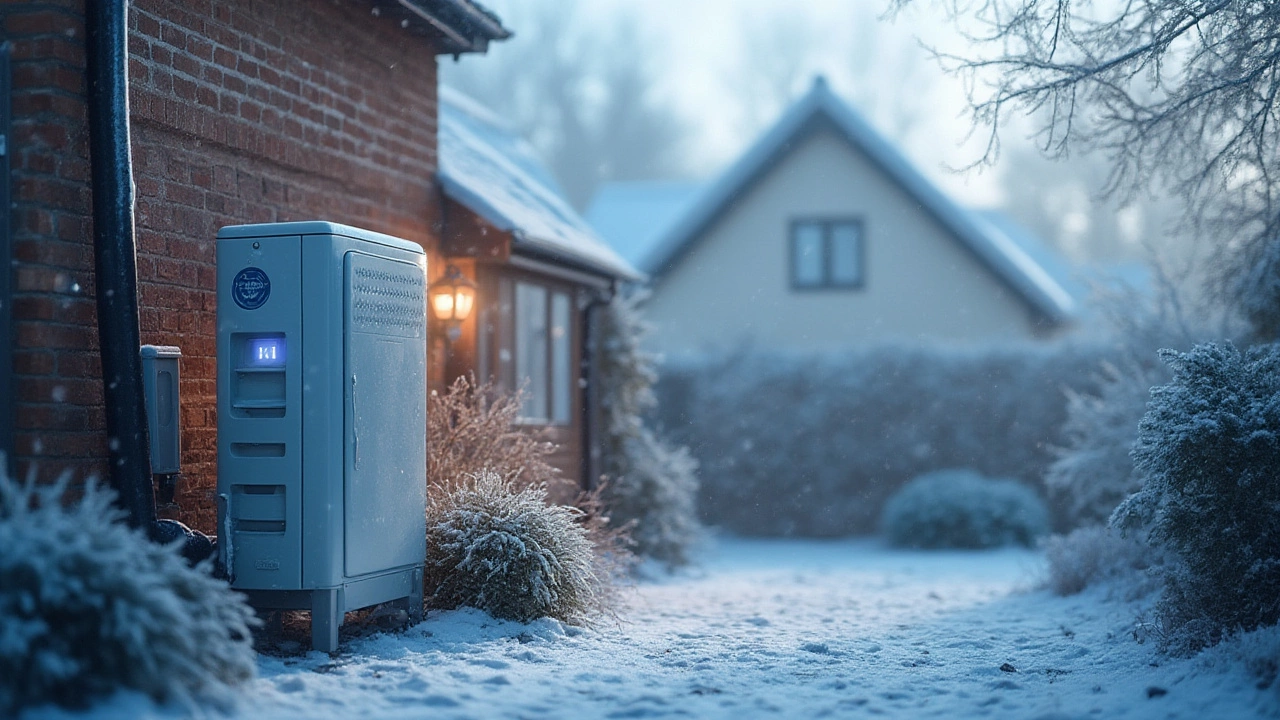
Wondering what temperature makes a heat pump stop working well? Learn the cold limits, key facts, and expert tips for running heat pumps in harsh winters.
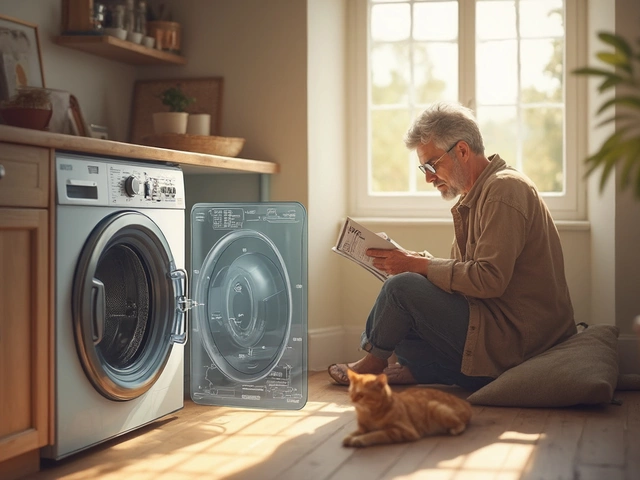
Discover which washing machine parts break down most often, why they fail, and how to prevent expensive repairs. Get tips to keep your washer running smoothly.
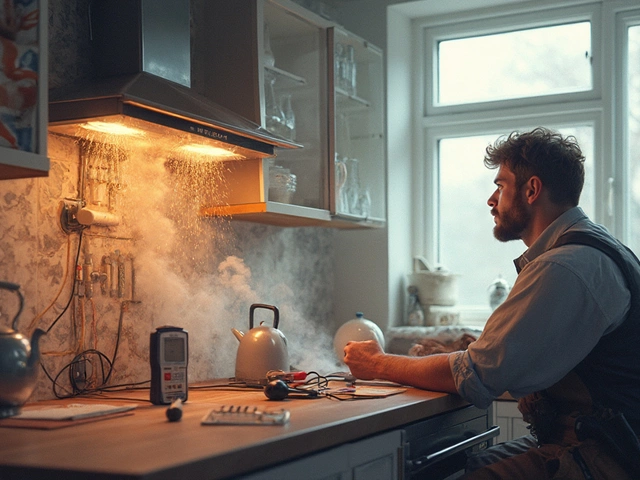
Extractor fans are essential for maintaining good air quality in homes, but what happens when they break down? This article explores whether electricians are the right professionals to fix extractor fans, the typical issues these fans encounter, and some maintenance tips to avoid frequent repairs. Learn about the repair process and when it might be time to replace your fan altogether.
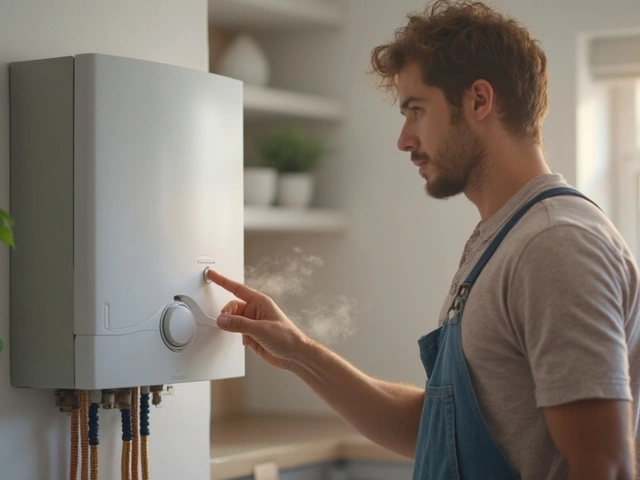
Dealing with a water heater that keeps tripping can be a headache—hot water one minute and a cold shower the next. This article breaks down the most common reasons for this irritating problem, giving you clear steps for figuring out if it’s a simple DIY fix or if you should call in a pro. You’ll get straight talk, not complicated jargon or long-winded explanations. Learn what to check, what parts usually fail, and when your water heater might just be on its last leg. Get the confidence to handle the problem and save yourself a ton of hassle.
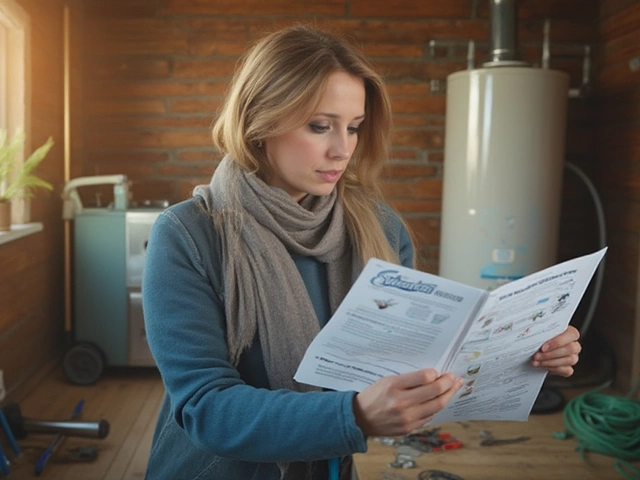
Wondering if you can flush your water heater yourself? Learn the step-by-step process, tools you'll need, and expert tips to extend your water heater's life.

This article breaks down what an appliance standard really is and why it matters when you’re buying or servicing home appliances. You’ll learn about the rules that keep appliances safe and efficient, plus tips for spotting compliant models. It explains how standards affect your bills and the planet. Real-world examples make it clear and easy to understand. Use this guide to make smarter choices about your appliances.